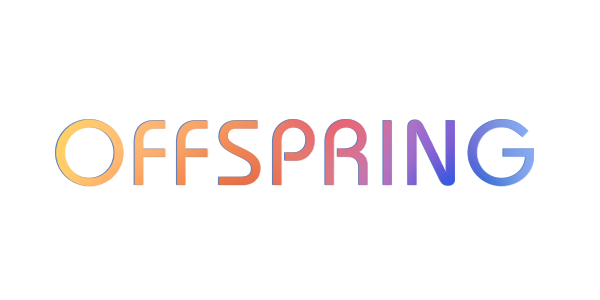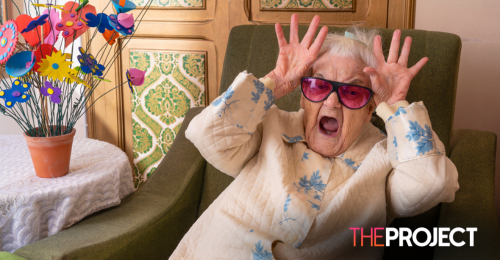The recent study was published in the Journal of Research in Personality and authored by Ryan Goffredi and Kennon M. Sheldon.
The pair explored how people’s perceptions of their roles as either a major or minor character in their life influenced their psychological well-being. To examine this, the researchers conducted three studies involving a total of 982 undergraduate students from a large Midwestern university.
They asked participants to evaluate their role in their life stories, considering whether they see themselves as major characters driving their narrative or as minor characters observing from the sideline.
Gofredi and Sheldon found that the participants who viewed themselves as major characters were more likely to pursue goals that were personally meaningful and aligned with their moral values, suggesting that seeing oneself as a major character enhances well-being through the satisfaction of basic psychological needs.
“These results support our notion that the way in which an individual perceives themselves as a character in their life story is likely to impact their well-being,” the study said.
“When people see themselves as being the agentic force in their lives and make decisions for themselves, as major characters do, rather than being swept about by external forces (and other people), they are more integrated and fully functioning selves.
“Such individuals feel more autonomous, more competent and effective, and also experience better relational satisfaction with others, as evidenced by their increased basic psychological need for satisfaction.
“Conversely, those who see themselves as minor characters are more likely to feel thwarted in getting these needs satisfied, a condition associated with diminished self-integration and wellbeing.”





























